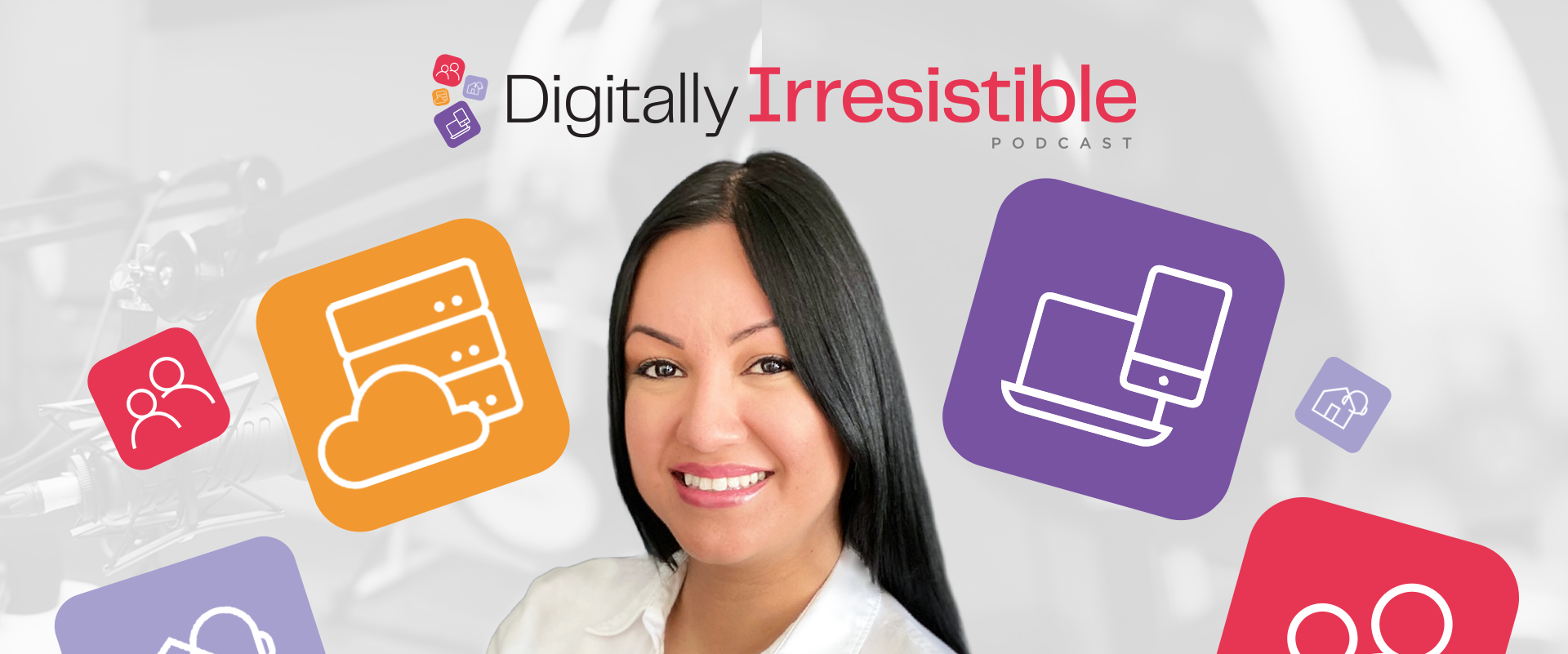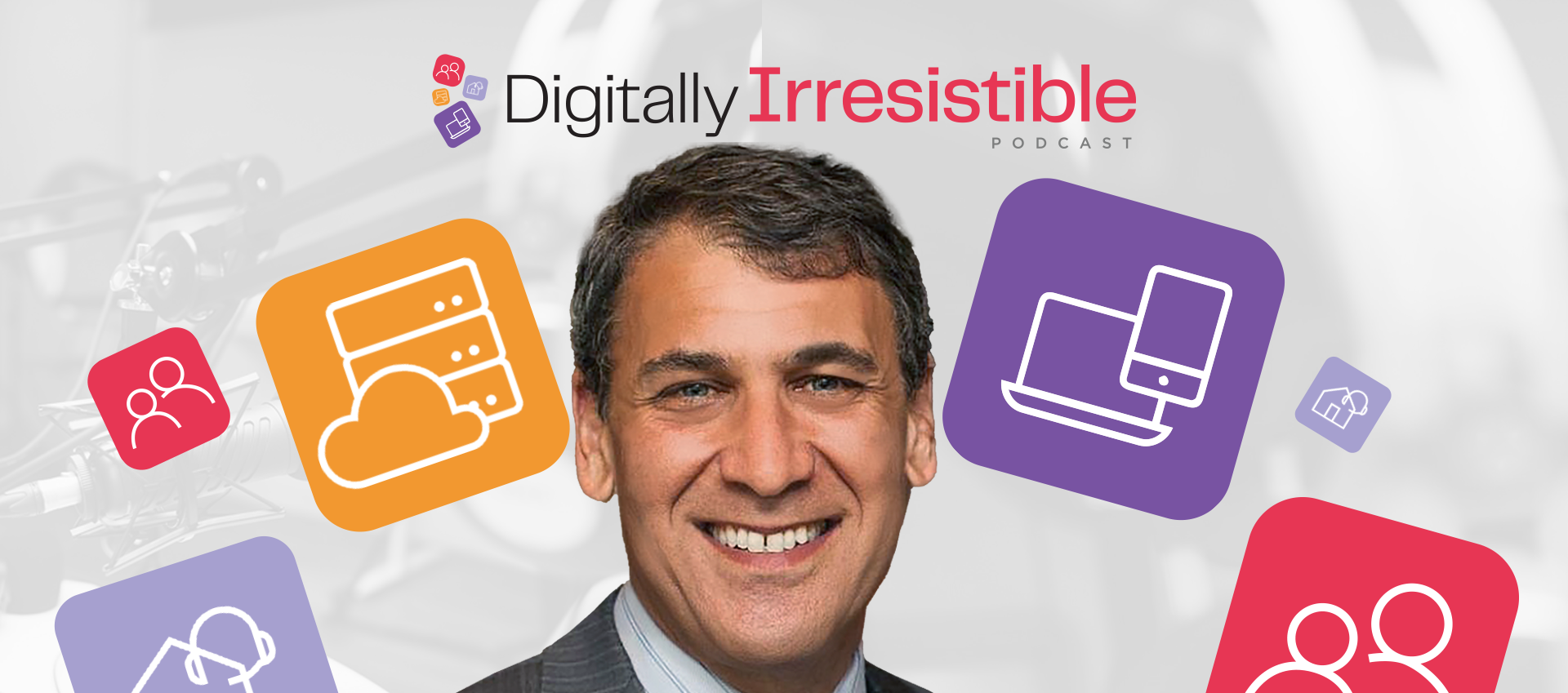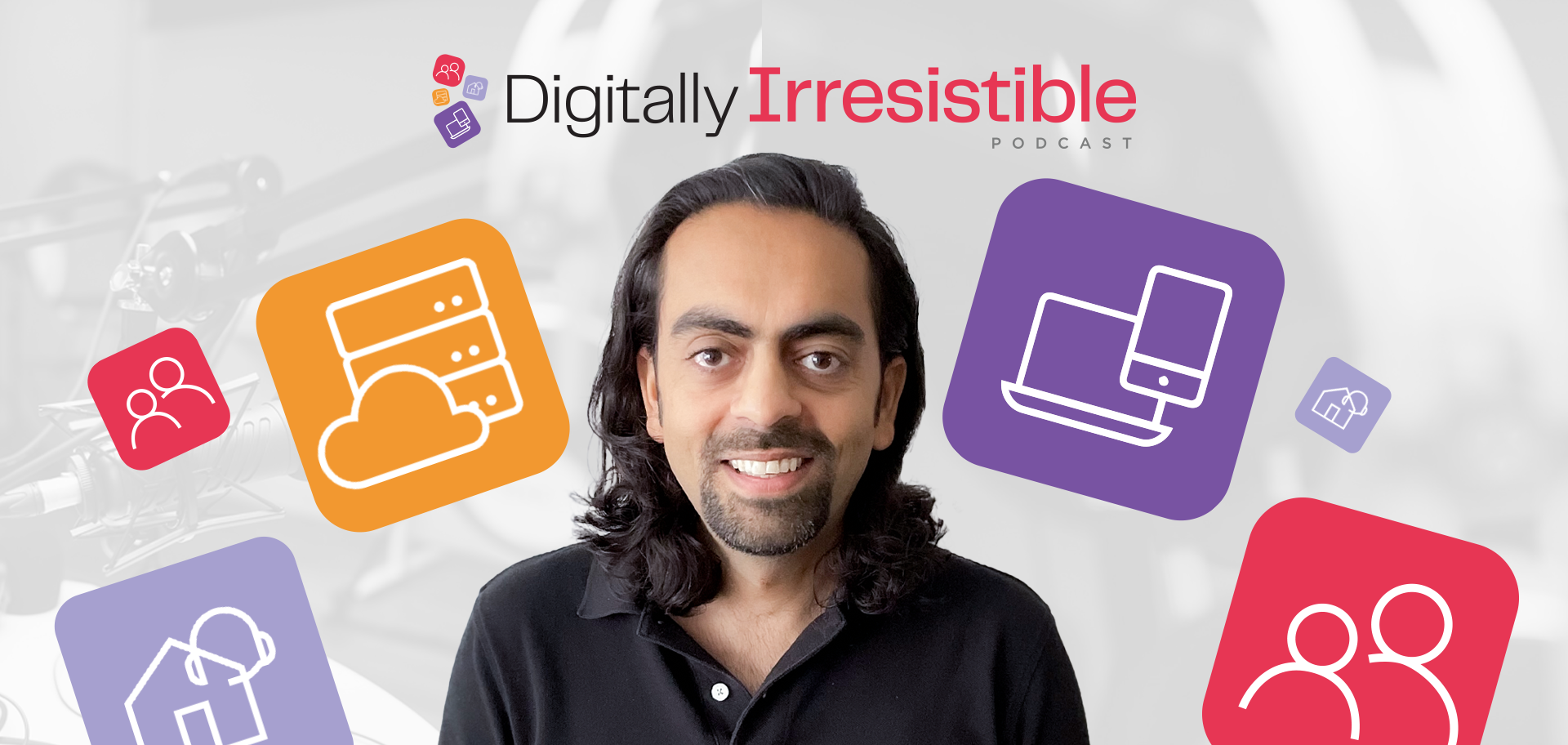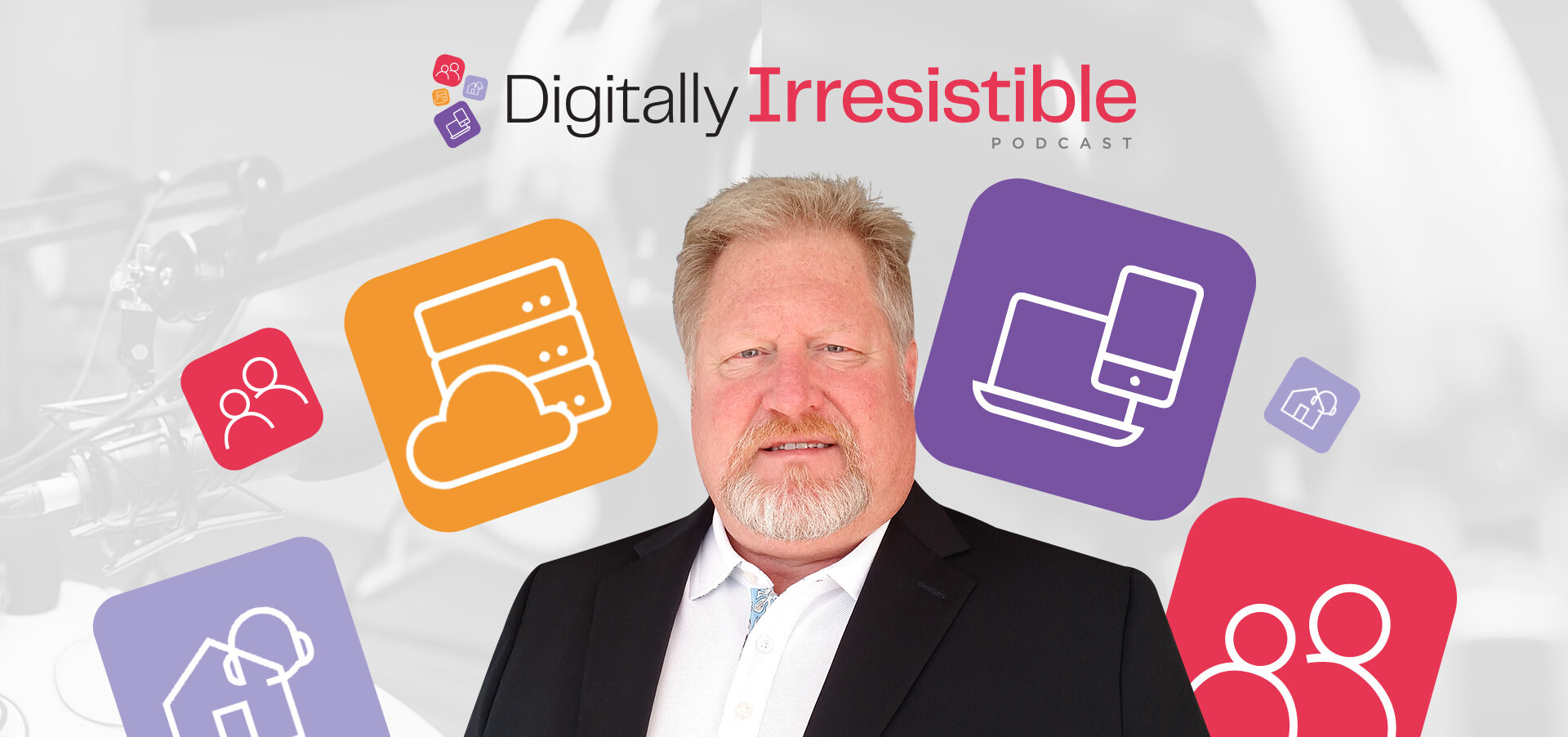This week’s guest is Ingrid Ceballos. Ingrid has an impressive 16-year career journey at iQor, personifying employee loyalty and the coaching culture that makes iQor a leading employer in the BPO industry. She began her career with iQor as a call center agent and progressed through different roles as a direct benefit from the coaching she received and accepted throughout her tenure. Today she runs the iQor center in South Florida. Her scope of responsibility includes guiding more than 100 work-in-office and work-at-home employees’ performance and well-being as well as P&L responsibility for a client customer-care program. In this episode, we discuss the role that coaching has played in her career journey and the role coaching still plays for Ingrid as the Director of Operations at her site.
Ingrid’s career at iQor began sixteen years ago as a call center agent. She enjoyed talking to customers from around the country and excelled at building customer loyalty by responding to their needs. Her talents were quickly recognized, and she was promoted to senior agent. In that role, she was responsible for supporting fellow employees with complex customer service situations, improving employee performance and loyalty. Her journey continued along a career path that led her to serve as a call center supervisor and as a member of the training and quality departments. Her well-rounded experience in all facets of managing the success of contact center agents and cultivating engaged employees led her to advance to her current position.
Director of Operations in South Florida
As Director of Operations in South Florida Ingrid has to understand the client’s products, how they message in the market, and what the customer expectations are as well as many other characteristics of the client’s go-to-market strategy. She runs the day-to-day operations of her center based on the iQorian values she embodies. She ensures that the client’s KPIs are met to achieve the client’s goals and objectives. She also places a high priority on supporting her fellow iQor employees, improving their engagement, loyalty, and performance. She refers to her team as her work family, a sentiment that carries over in all that she does for her employees.
Leadership Perspective
Ingrid’s leadership perspective is shaped by her tenure and education. Her strategies extend beyond managing results to include supporting the foundational elements that make success possible. She views herself as having three client categories: 1) the iQor client whose customer-care program she oversees, 2) iQor (her employer), and 3) her team of employees (agents, supervisors, trainers, etc.). She maintains this perspective in all her decision making.
Coaching has played a significant role in Ingrid’s career development and advancement. In fact, she attributes the coaching culture at iQor to being the most influential factor in employee loyalty as well as her own career advancement. She sees it as an essential component to growth in any career, from iQor to professional sports.
Ingrid expresses gratitude for all the team members that coached her during her formative years. She considers them a mix of helpers, mentors, and teachers. She vividly recalls how valuable coaching was during her time as a call center agent, guiding her on how to provide superior service on customer calls. She relied on the advice she received with an open mind and implemented it in her work. Not surprisingly, her leadership style exemplifies her mission to ensure that all agents have coaches available to them to provide balanced feedback. Indeed her track record shows that coaching supports employee development and sustains strong employee engagement, loyalty, and retention.
To this end, Ingrid’s commitment to continually strengthen her ability to best support her clients prompted her to complete external leadership development training and participate in iQor’s leadership development program to develop her coaching skills. She celebrates when employees on her team get promoted–a direct benefit of the coaching they received on their own journey. She acknowledges how coaching can help those around her in their own career advancement.
Digital Technology to Support the Power of Coaching
Ingrid revels in the role that coaching technology plays in performance management, providing real-time information and analytics to help supervisors coach employees on the frontlines of customer service for iQor’s client programs. iQor’s speech analytics technology – VALDI – enables supervisors to listen to agents’ calls and study the words that were used along with the tone of the conversation. VALDI provides insight to help coaches better understand how words are being used when resolving customer concerns. It empowers coaches with timely data to inform and guide their coaching conversations with their employees, playing into individual strengths and areas for improvement. These coaching tools and strategies directly benefit employee engagement and loyalty.
Coaching for Education and Growth
Committed to lifelong learning and growth, Ingrid has earned three college degrees during her 16-year career with iQor. The company culture and human resources initiatives at iQor provided a multitude of support to Ingrid over the eight years it took to complete her degrees. Her internal coaches guided her to find balance between school and work. Through this, she was able to adjust her schedule so she could continue working while taking classes in the mornings and evenings. Moreover, iQor’s tuition reimbursement program provided great assistance to Ingrid throughout her eight-year education journey.
Reflecting on her own growth and opportunities, Ingrid encourages iQorians to embrace and implement feedback in their own career journeys. She says that feedback is a well-intentioned gift that opens the door to opportunity. She recommends taking action on feedback that is received consistently, pointing out that if feedback is provided more than once on a particular topic, it probably has merit and should be acted upon. On the flip side, she also encourages leaders to mentor others to become a better version of themselves. Through teamwork the possibilities are endless.
What Ingrid Does for Fun
When Ingrid is not working, she enjoys the meditative nature of planting cacti and watching them grow. She considers herself a foodie and has embraced her inner-chef during pandemic times, experimenting with different recipes. She also enjoys playing with her four-year-old son.
Learn more about iQor digital customer experience capabilities.






